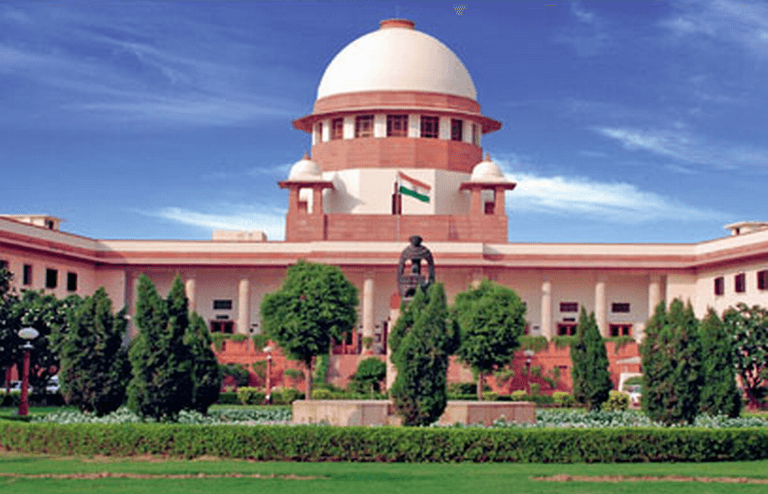As Waqf Bill Awaits President's Nod, AIMIM and Congress Move SC Against It

TCN News Desk
New Delhi: The contentious Waqf (Amendment) Bill, 2025, recently passed by both the Lok Sabha and Rajya Sabha, has been challenged in the Supreme Court. Hyderabad MP Asaduddin Owaisi, chief of the All India Majlis-e-Ittehadul Muslimeen (AIMIM), and Kishanganj MP Dr Mohammad Jawed, Congress party whip in the Lok Sabha, approached the top court, challenging the bill, which now awaits President Droupadi Murmu’s assent to become a law.
The Waqf (Amendment) Bill, aimed at “improving the administration and management of Waqf properties”, was passed after heated debates in both Houses of Parliament. The bill seeks to amend the 1995 Waqf Act, focusing on “enhancing the efficiency of waqf boards, improving the registration process and integrating technology in managing waqf records”.
However, its passage has sparked widespread opposition, with critics arguing it could affect the rights of Muslim communities.
The All India Muslim Personal Law Board (AIMPLB) has already vowed to hold nationwide protests against the Bill. In a statement on social media platform X, AIMPLB expressed regret over the government’s stance on the legislation.
"The government's stance regarding the Waqf (Amendment) Bill, 2025 is regrettable. The All India Muslim Personal Law Board will soon undertake nationwide protests and legal action against the Waqf (Amendment) Bill 2025," it said.
Jawed, who was also a member of the Joint Parliamentary Committee on the bill, in his plea, has challenged the constitutionality of the provisions of the Waqf (Amendment) Bill. He argued that the bill violates several articles of the Constitution, including Articles 14 (right to equality), 25 (freedom to practice religion), 26 (freedom of religious denominations), 29 (minority rights) and 300A (right to property).
The Congress party has been vocal in its opposition to the bill, claiming it undermines the basic structure of the Constitution and could be used to "polarise" the nation along religious lines.
Congress leader and Rajya Sabha member Jairam Ramesh also announced on X that the party would challenge the bill's constitutionality in the Supreme Court. He mentioned that the Congress party was already challenging several other laws in the apex court, including the Citizenship Amendment Act (CAA) of 2019, amendments to the Right to Information (RTI) Act and the Conduct of Election Rules (2024).
Ramesh emphasised that the bill would soon be added to the list of laws the party was contesting in the courts.
In Parliament, the Waqf Bill was passed after a marathon debate. The Lok Sabha approved it in the early hours of Thursday, with 288 MPs voting in favour and 232 against. The Rajya Sabha followed suit on Friday, where the bill was passed by 128 votes in favour and 95 against. Rajya Sabha Chairman Jagdeep Dhankhar announced the passage, stating, "Ayes 128 and Noes 95, Absent zero. The Bill is passed."
The NDA government has positioned the proposed law as a significant milestone for the first year of the Modi 3.0 administration.
Union Minority Affairs Minister Kiren Rijiju defended the bill, arguing that it would benefit poor Muslims and improve the management of waqf properties without interfering with religious practices. He added the bill is aligned with the government's vision of ‘Sabka Saath, Sabka Vikas’ (Together with All, Development for All).
While the government stands by the bill, claiming that it will empower the Muslim community, the Opposition remains adamant that it poses significant constitutional and social challenges. With the bill now headed for the President’s approval, the stage is set for further legal and political battles over its provisions.
